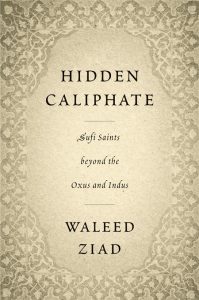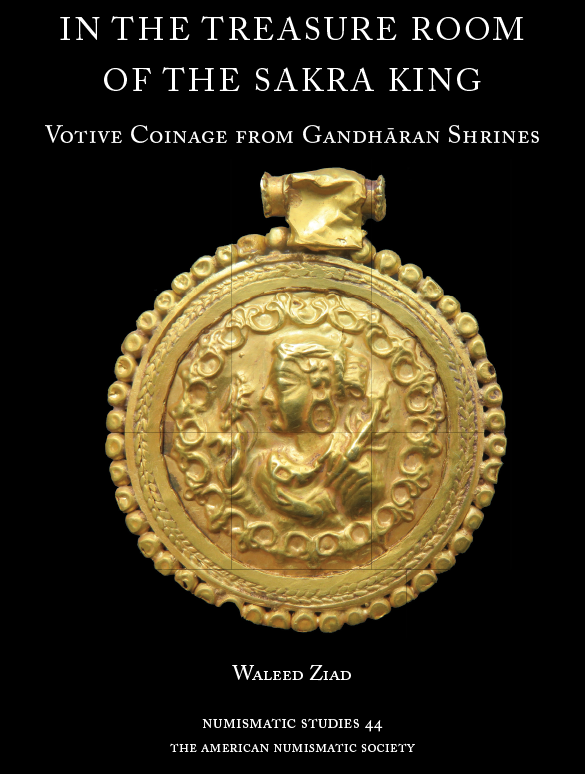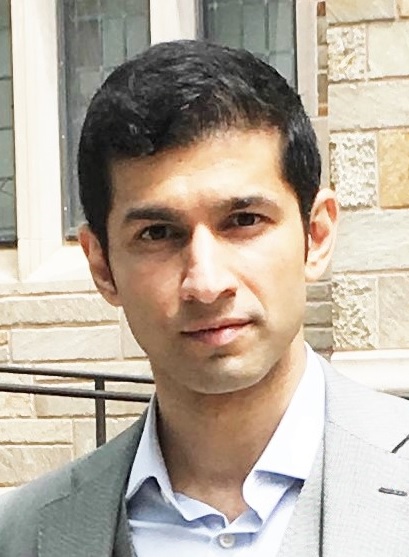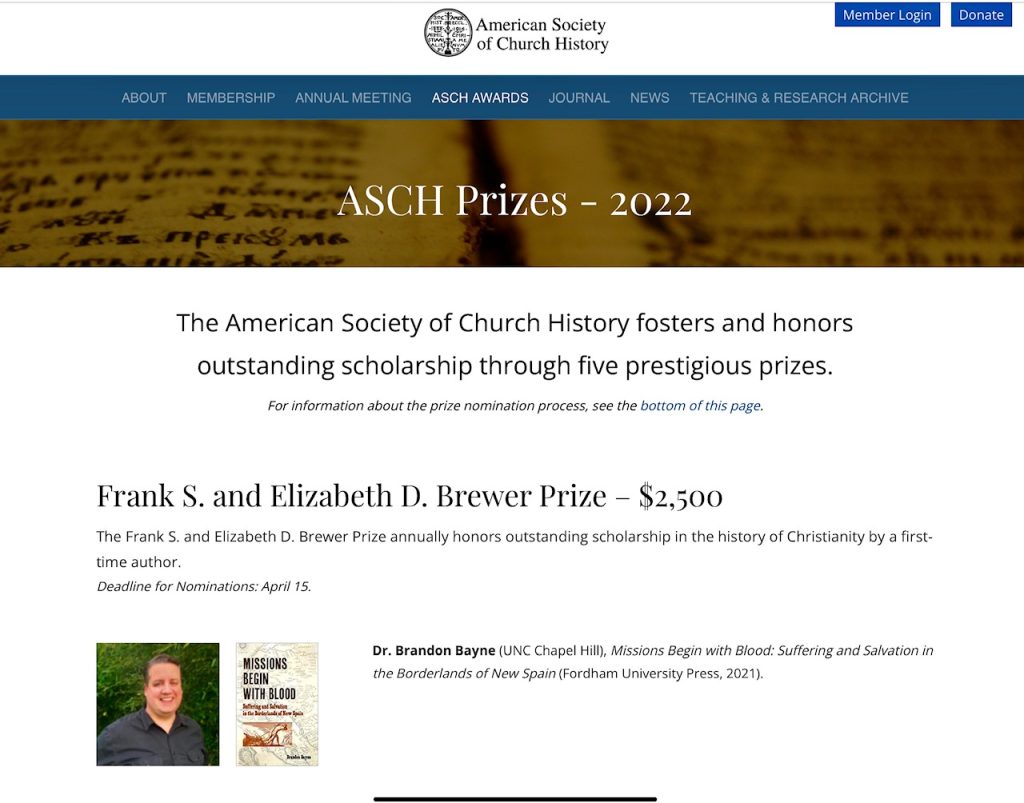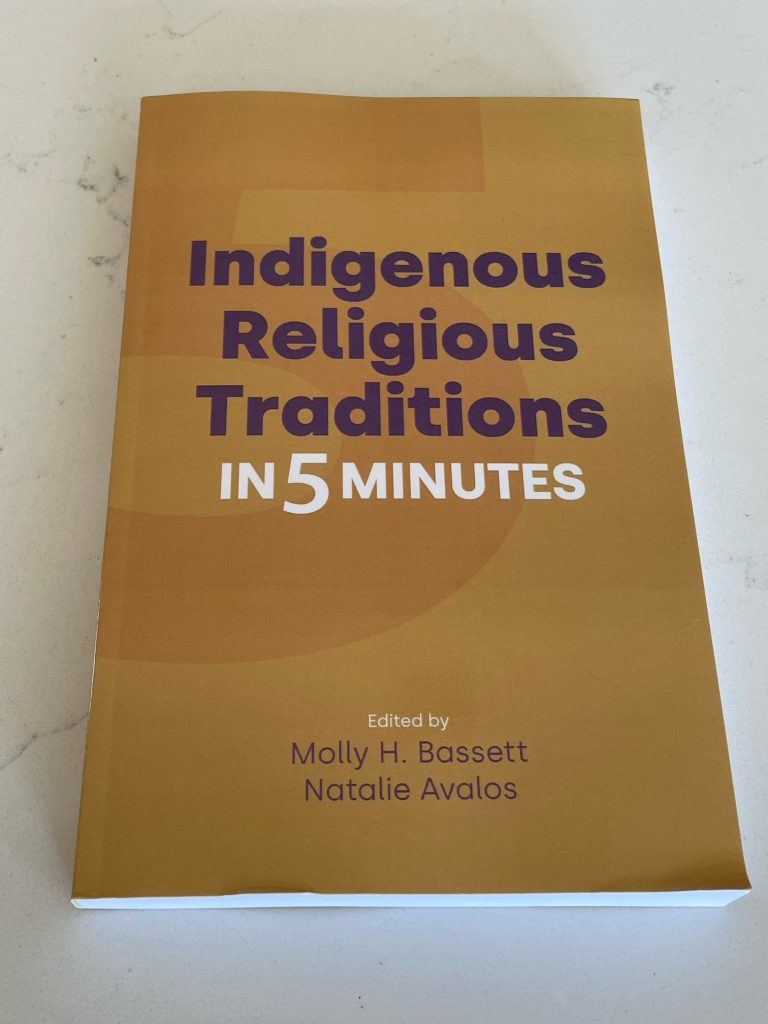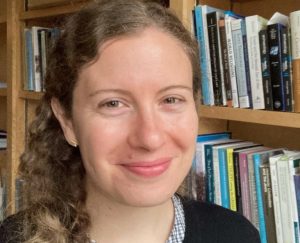Excavations led by Prof. Jodi Magness reveal first known depictions of two biblical heroines, episode in ancient Jewish art
This 10th season of excavations in the ancient Galilean synagogue at Huqoq uncovers intricate mosaic floor panels dating back nearly 1,600 years.
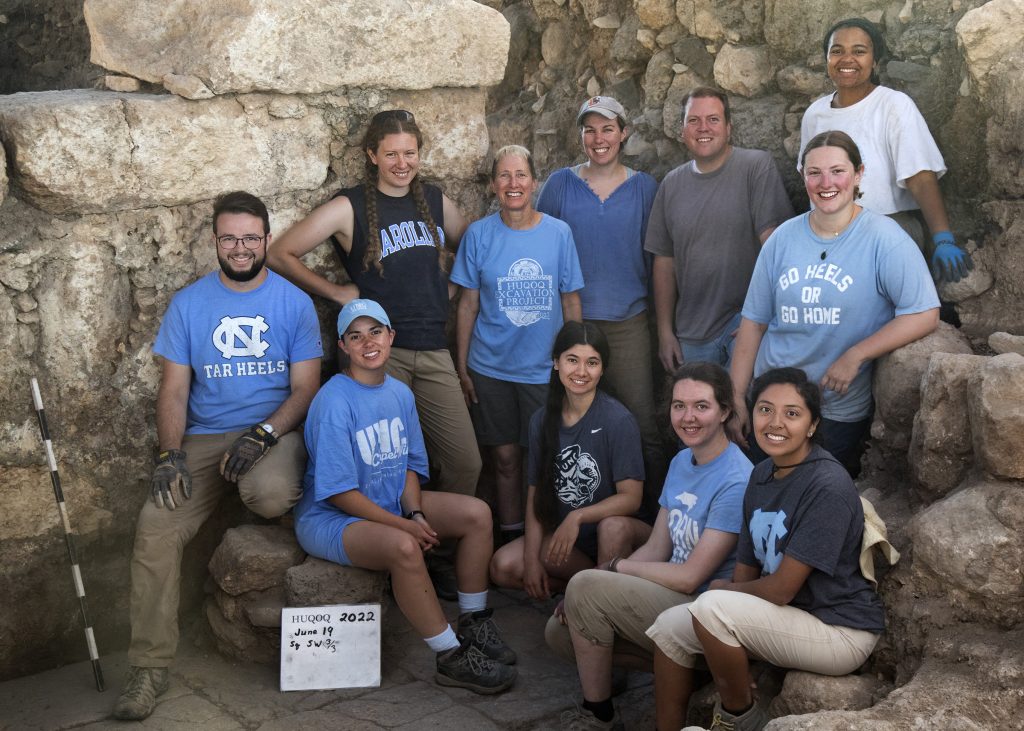
UNC-Chapel Hill participants on the Huqoq dig (including grad students and alumni). Bottom row from left to right (seated): David Richman; Christine Stamey; Aislynn Grantz; Madison Brinkley; Suzy Lagunas. Top row from left to right (standing): Emily Branton; Jodi Magness; Jocelyn Burney; Matthew Grey; Grace Curry; Jada Enoch (top right). (Photo by Jim Haberman.)
A team of specialists and students led by University of North Carolina at Chapel Hill professor Jodi Magness recently returned to Israel’s Lower Galilee to continue unearthing nearly 1,600-year-old mosaics in an ancient Jewish synagogue at Huqoq. Discoveries made this year include the first known depiction of the biblical heroines Deborah and Jael as described in the book of Judges.
The Huqoq Excavation Project is now in its 10th season after recent seasons were paused due to the COVID-19 pandemic. Project director Magness, the Kenan Distinguished Professor of religious studies in Carolina’s College of Arts and Sciences, and assistant director Dennis Mizzi of the University of Malta focused this season on the southwest part of the synagogue, which was built in the late fourth-early fifth century C.E.
This season, the project team unearthed a part of the synagogue’s floor decorated with a large mosaic panel that is divided into three horizontal strips (called registers), which depicts an episode from the book of Judges chapter 4: The victory of the Israelite forces led by the prophetess and judge Deborah and the military commander Barak over the Canaanite army led by the general Sisera. The Bible relates that after the battle, Sisera took refuge in the tent of a Kenite woman named Jael (Yael), who killed him by driving a tent stake through his temple as he slept. The uppermost register of the newly-discovered Huqoq mosaic shows Deborah under a palm tree, gazing at Barak, who is equipped with a shield. Only a small part of the middle register is preserved, which appears to show Sisera seated. The lowest register depicts Sisera lying deceased on the ground, bleeding from the head as Jael hammers a tent stake through his temple.
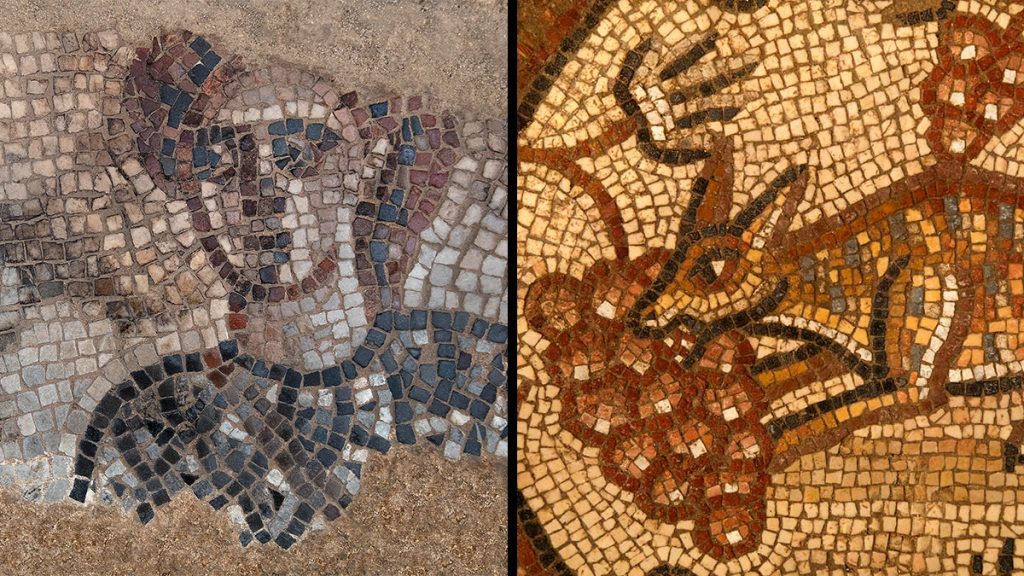
Left: The Israelite commander Barak depicted in the Huqoq synagogue mosaic. Right: Fox eating grapes depicted in Huqoq synagogue mosaic. (Photos by Jim Haberman)
“This is the first depiction of this episode and the first time we’ve seen a depiction of the biblical heroines Deborah and Jael in ancient Jewish art,” Magness said. “Looking at the book of Joshua chapter 19, we can see how the story might have had special resonance for the Jewish community at Huqoq, as it is described as taking place in the same geographical region – the territory of the tribes of Naphtali and Zebulon.”
Also among the newly discovered mosaics is a fragmentary Hebrew dedicatory inscription inside a wreath, flanked by panels measuring 6 feet tall and 2 feet wide, which show two vases that hold sprouting vines. The vines form medallions that frame four animals eating clusters of grapes: a hare, a fox, a leopard and a wild boar.
Click HERE to continue reading the full story!
Posted in
News & Events on July 12, 2022. Bookmark the
permalink.
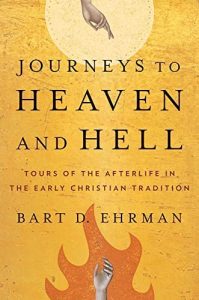

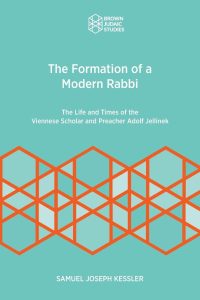
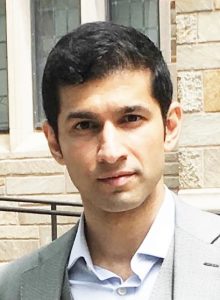 The Albert Hourani Book Award, presented by the
The Albert Hourani Book Award, presented by the 